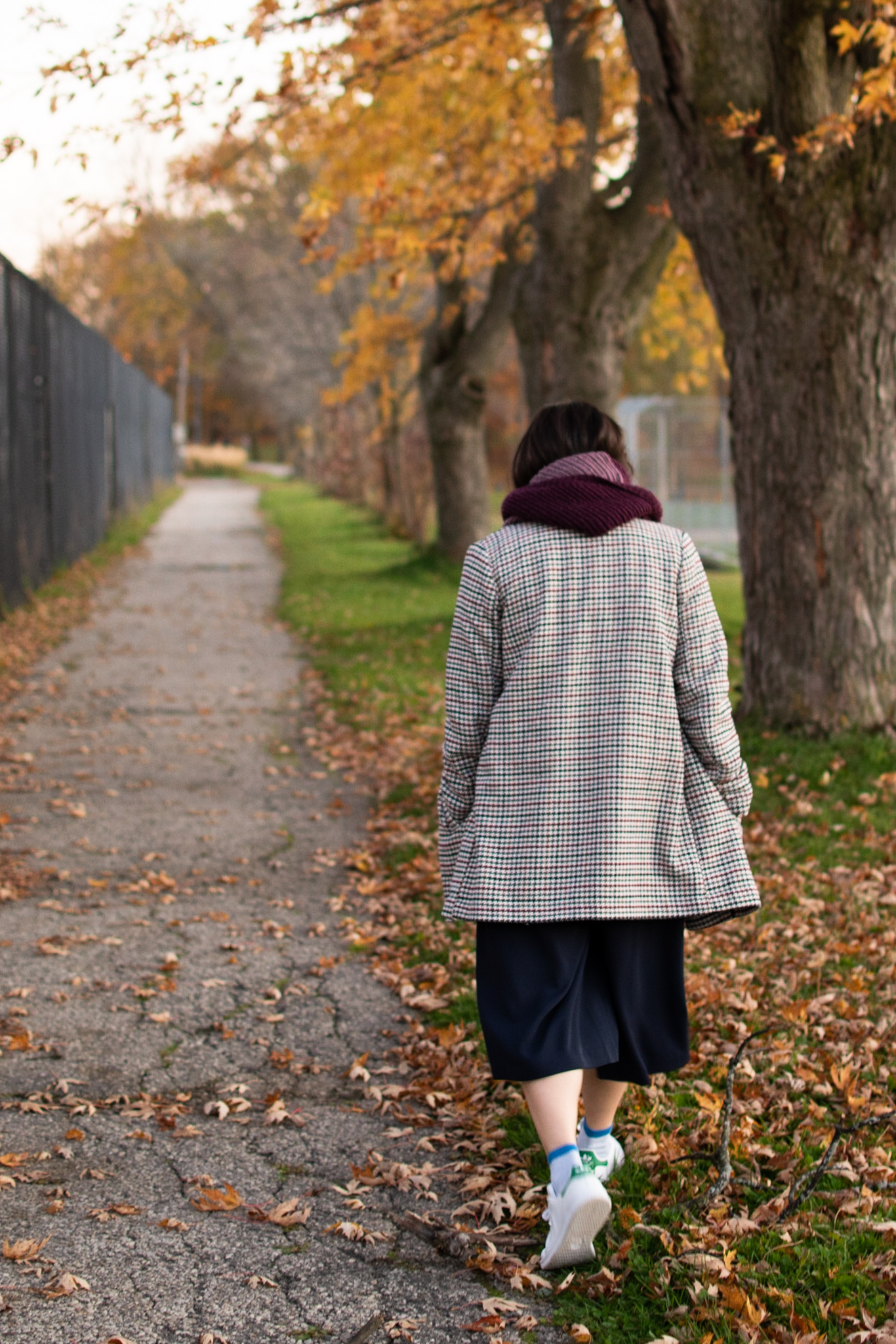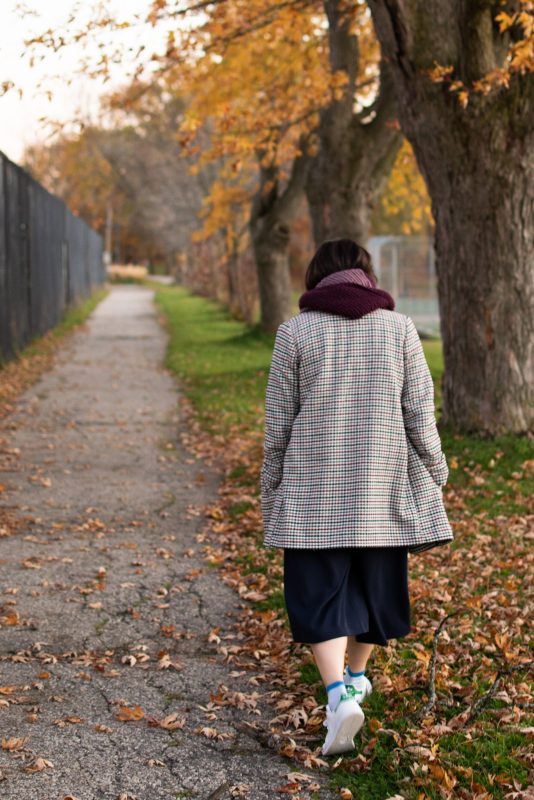How international students at Laurier are being affected by COVID-19 pandemic


While the current health pandemic has affected the majority of the population in some capacity, international students, who are already thousands of kilometers away from home, are facing different challenges.
The Prime Minister has emphasized that opening Canada’s border to international travel would pose a great risk in containing outbreaks of the virus, but even as Ontario begins to reopen its economy, the Canada-US border closure has been extended until July 21, meaning that many international students are still currently unable to return home.
Amber Dsilva, a third-year computer science student at Wilfrid Laurier University, said that going home to Dubai would expose her family to unnecessary risks.
“I can’t really go home because the borders are closed, but another thing is that my sister has an autoimmune disease, so it would kind of be risky for me to go home too,” Dsilva said.
“I feel like the pandemic — in a way — is kind of a time where people can spend time with their family as well, but I don’t have that opportunity just because I literally don’t have the option to go home. I think the only thing that’s beneficial for me right now is [that] because I’ve been living in Waterloo for so long I’m pretty independent.”
“I guess it’s also a time where you get homesick, because I would usually go home for the summer, but I can’t really do that this summer as well,” she said.
While plenty of Canadian citizens have qualified for the Canadian Emergency Response Benefit (CERB) or Canadian Emergency Student Benefit (CESB), many international students do not meet the requirements.
“I know I’m lucky that I’m qualified for CERB because I used to have a job, but there are students who are not qualified for CERB and they can’t even get CESB because that’s not applicable for international students,” Dsilva said.
Dsilva said she used to work on campus with the faculty of music and at the mall as well, and that the closures have affected her source of income.
“That was how I kind of got my income to try to support myself as much as possible, just because my parents pay international tuition and that’s obviously a lot, and I kind of feel like I want to contribute as much as well which is why I work a lot … but luckily because I qualify for CERB, it’s not as bad as it would be.”
Ayush Mathur, a fourth-year student from Dubai who just graduated in the Laurier BBA program, said that his plan to find full-time work after graduation has been slowed down because of the pandemic.
“I finished exams in April and the plan was to actually stay here and find full time jobs, but obviously currently it’s just a little slow process — so going back is not an option,” Mathur said.
“My parents and my sister are living at home right now, locked down there as well, so even going back wouldn’t be safe for them if borders were opened up.”
While many young Canadians have the opportunity to apply to Canada Summer Jobs, a government-subsidized job board for summer work experiences, international students are not eligible to apply for positions.
“I did look at some of them but under the qualifications, one of the [requirements] is that you need to be a citizen or have a permanent residency, so that was a restriction…I couldn’t use that platform to apply for jobs,” Mathur said.
Mathur said that while he is not eligible for any benefits provided by the government, Laurier International has created the International Student Bursary, which allocates money to international students.
“I basically had to write a bit about [how] my revenue has been impacted, how my expenses have since been impacted and they were giving a grant up to 500 dollars. So, after a couple weeks after applying for that I received that amount on my Loris account,” Mathur said.
“I wasn’t expecting Laurier to provide me any sort of funds. There are students who are obviously eligible for the government funding, the government benefits, but some of them like me are not eligible. So, whatever Laurier has been providing — whether it is a smaller amount or not — it is still helpful for all of us.”
Another student, Aviel Kurulkar, a first-year film studies major from India, said that he was among those who were asked to vacate from Laurier’s residences as soon as possible.
“I was given two days to leave and didn’t have any other accommodation. I had to spend all the money I had left to buy a ticket to go back to my country,” Kurulkar said in a statement.
“The process has been financially draining as I felt Laurier wasn’t supporting me. As you know international students pay twice as much [tuition] in comparison to Canadian students and so there was a great expectation that Laurier would provide the support us students needed.”
On Mar. 16, Laurier announced in a news release that students had until Mar. 18 to vacate their residences, in response to the growing concerns about COVID-19.
Laurier also listed a set of “exceptional” circumstances for those who were unable to vacate by the listed date, with international students being among those who qualified for such exceptions.
The news release also encouraged students to consider all other options, which included “staying with relatives or friends.”
“I do feel the situation was completely [new] to Laurier as well and they did the best they could. They have given [an] international student bursary which has helped me and fellow students,” Kurulkar said.
Gursimar Sachar, a third-year BBA student and International Student Leader, explained the different supports and resources that Laurier International has in place for international students.
“As an International Student Leader we have mentees. Those are first years who are international students who come to Canada for the first time, [that] are connected with an upper year international student such as me,” Sachar said.
“We can help them transition to the culture, and answer their general questions that they might have about university, or how things are going or just connect them with the right resources on campus that are either in Laurier International or somewhere else.”
With campus being closed, Laurier International has begun to move its support to online platforms, such as “Coffee Club”, which gives international students a chance to connect with one another.
“It’s basically just one social gathering of students in which we play games, talk about shows, we have also talked about Netflix and all these kinds of stuff and sometimes we have people from different departments join us,” Sachar said.
“So now, at the comfort of your home, you can just join the platform in which many students are familiar with.”
Sachar also explained that when the campus shut down and all on-campus events were cancelled, Laurier International repurposed their event-planning budget as the International Student Bursary.
“So you could just apply stating what your conditions were, why you needed that financial expense and they [would] allot that money to your Loris account which you [could] withdraw later,” she said.
Sachar said that Laurier International is still in communication with international students to help them find any support they may need during the pandemic.
“Laurier International sends out a weekly email, including any changes that are happening or any events that are happening, [and] then any specific information that they wanted us to communicate, we will reach out to our mentees or just do a follow up,” Sachar said.
“If we feel like they need some resources or they are not doing well, we will connect them to resources here on campus [or] off campus, which are verified by the university, or just connect them with an international student advisor who will be able to answer their questions better.”


